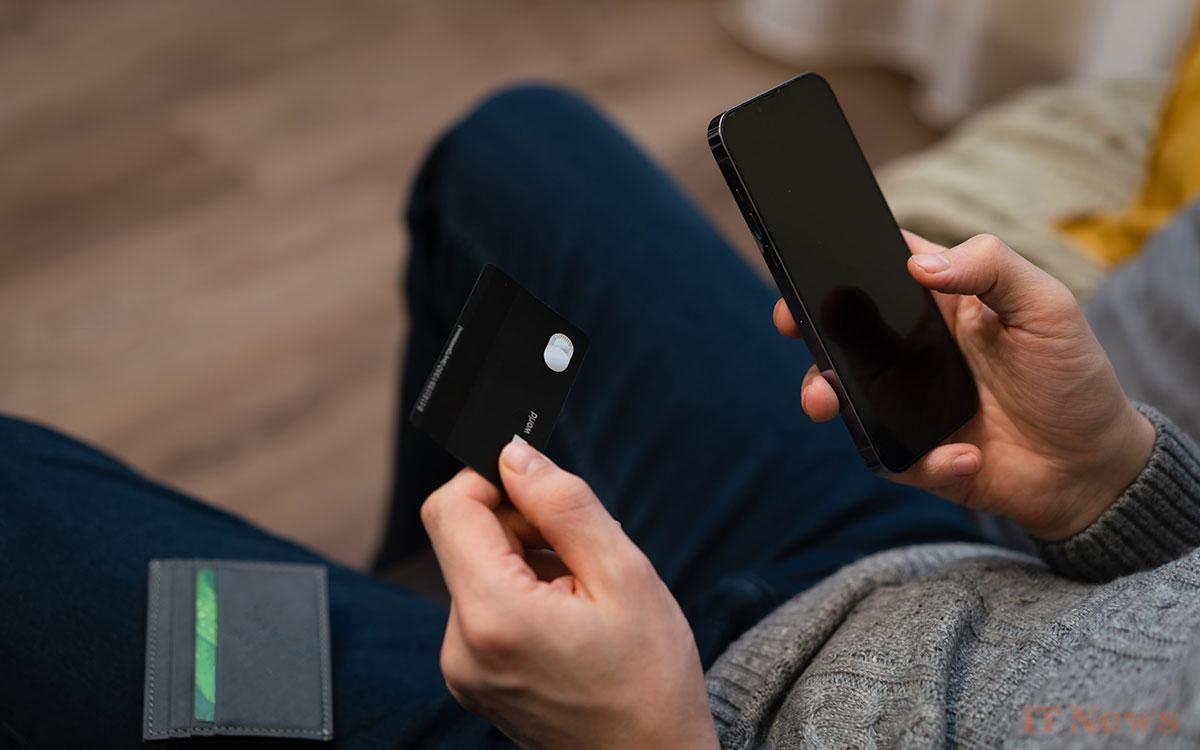VPNs have become a habit for many internet users. They use them to bypass censorship and protect their sensitive data online. But what is a VPN really used for in terms of security?
More and more internet users are sensitive to issues related to online security. While antivirus software is well known for protecting against viruses and malware, VPNs are still relatively unknown, even among those who use them regularly. This is mainly due to their many features. Not everyone uses a VPN for the same reasons.
Why use a VPN?
According to a recent ARCOM study, VPN users in France are mostly tech-savvy and aware of the realities of online security. Many people use VPNs for good reasons: to protect themselves from the risks the Internet exposes them to, for example. But there are also many users who use a VPN for less serious reasons.
Indeed, according to the ARCOM report, more than 2 out of 3 Internet users who engage in illicit activities on the Internet use a VPN. This is often the case among consumers of pirated content (particularly streaming and illegal downloads). This trend is much more pronounced among younger people.
In both camps, the goal of users is to remain anonymous, to protect their sensitive data and their privacy in general. For still others, using a VPN is a way to circumvent content restrictions, or even censorship in the broadest sense.
How does a VPN protect you?
The way a VPN works is relatively simple: a server is positioned between your devices and the Internet. All your requests, as well as the returned responses, pass through the intermediary server. Your IP address is thus replaced by that of the server.
A VPN also encrypts your traffic. All your data passes through a secure tunnel. Most VPNs use AES-256-bit encryption, which is known for its reliability. This is the most widespread standard, but more and more applications are integrating equally strong alternatives, such as Chacha20.
The data your VPN protects
As mentioned above, a VPN replaces your IP address with that of the server you are connecting to. No third party can therefore access your real IP address. By protecting your IP, the VPN also protects your real location as well as various other information. Here's a summary of the data a VPN protects:
- Your IP address and therefore your geographic location
- The name of your ISP
- Your passwords and login details
- Your credit card details
- The sites you visit and your internet activities
- Your DNS queries (some VPNs)
- Your internet-connected applications and services
- Streaming and downloads (including torrents and other file sharing)
- Your private conversations
A VPN therefore protects all data sent or received on your devices, so that even your ISP can't see what you're doing on the internet. It also prevents hackers from intercepting your data, including sensitive information (bank details, passwords).
What a VPN does not protect against
A VPN is essential for securing your data and online activities, but it does not protect you against all forms of threats.
- Viruses and malware: It is not the role of a VPN to protect you against viruses and malware, but more and more applications (e.g., NordVPN) partially protect against these threats.
- Your identity on the sites you are connected to: Facebook, Google, or any other site that requires you to log in to your profile always know who you are.
- Phishing: A VPN does not protect you against phishing. Any information you submit through a form on a malicious website is readable by the website.
- Cookies: The websites you visit can still exploit your cookies and fingerprints, but again, NordVPN and some VPN apps have options to block tracking.
In short, a VPN protects all your traffic by encrypting your data, including on public Wi-Fi. This protects you from hackers who cannot intercept your passwords, banking details, and other sensitive information.
However, a VPN does not protect against all forms of threats and therefore does not exempt you from antivirus. You must also always remain vigilant to avoid phishing traps.
NordVPN does, however, offer a feature called Pro Threat Protection that goes further than a traditional VPN. This option blocks phishing sites, malware, and tracking via trackers.
NordVPN is so confident in its anti-phishing system that it offers cyber risk insurance in its most advanced package. The company will compensate you up to €5,000 if you get scammed on a malicious website.





0 Comments